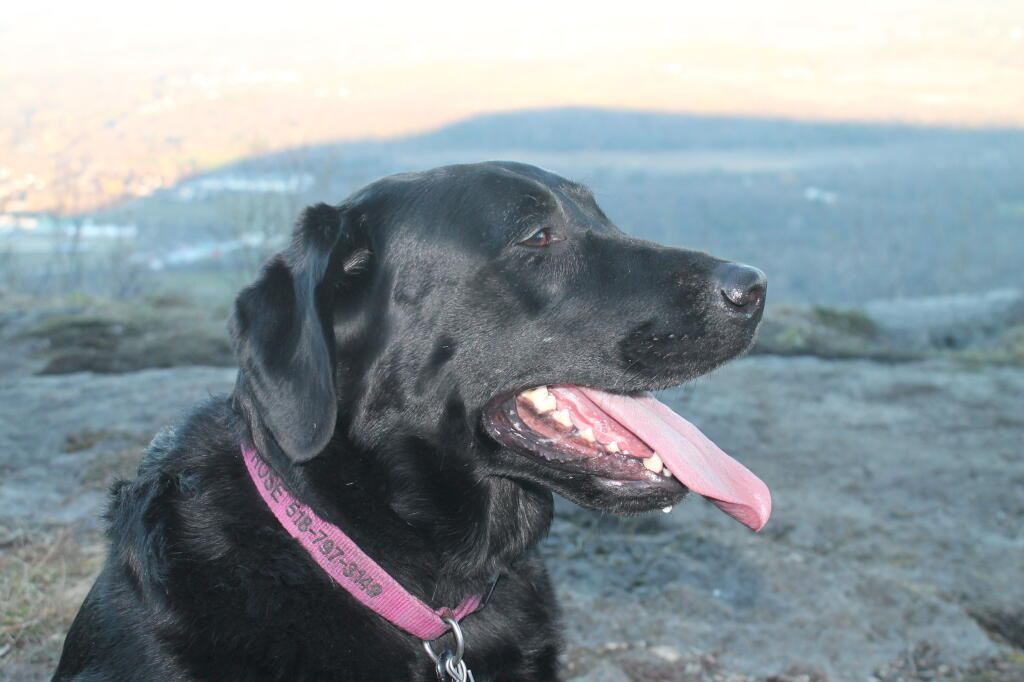Media
The State Police Are Watching Your Social Media | New York Focus
12 media bubbles could determine fate of Biden vs. Trump rematch
This news article at any rate feeds into the human interest in categorizing news consumers.
2021 Population of US Media Markets
Pipeline construction to begin ‘immediately’ after contractor is selected | WWNO
RIP John Wolcott Historian & Save the Pine Bush Activist – Sanctuary For Independent Media
Is the media just a lap dog of the government or the Democratic Party? 🐶
I can tell you as a Democratic Party operative at times I wish the media was more of a lap dog of the party, handling our clients in the direction of spin we’d like rather than taking their own spin on the matter.
During times of national crisis, the press, including both local and traditional mainstream outlets, often tends to report events without sufficient scrutiny. This is because the press aims to demonstrate loyalty to the nation rather than appear antagonistic, and they strive to uphold the country’s positive aspects. However, the media frequently lacks independent experts who can challenge the official government narrative, and they are hesitant to involve individuals without established credentials.
I recently listened to a podcast by James Howard Kunstler, where he pointed out that this phenomenon is not new and has been observed during events like COVID-19 and conflicts such as Ukraine. I can’t help but recall the media’s consistent support during the post-9/11 period and the Iraq invasion. Similar tendencies were seen during the early stages of the Vietnam War and the Red Scare in the 1950s. Although the mainstream media eventually began to question the Vietnam War, it was only in 1968, with Walter Cronkite’s influential editorial, that a significant shift occurred. Prior to that, mainstream media rarely challenged the prevailing viewpoints, and those opposing the war were often marginalized.
Comparing today’s media behavior to the past, it’s not necessarily worse, but the internet has made it much easier to access alternative perspectives. This is undoubtedly a positive development. My suggestion is to first engage with mainstream media to understand the presented facts, and then explore alternative media sources for different viewpoints. By comparing and contrasting different perspectives, we can gain a more comprehensive understanding of the situation.
